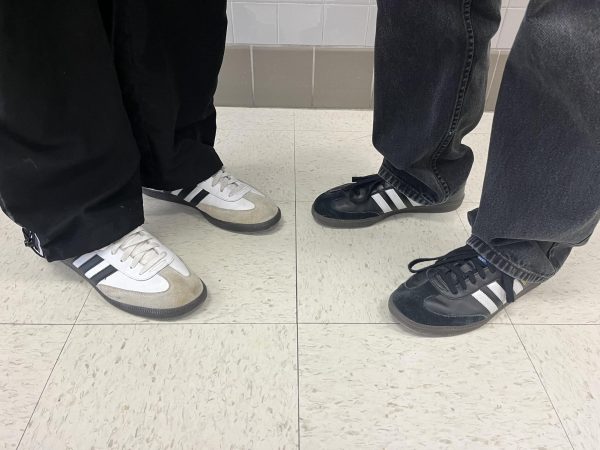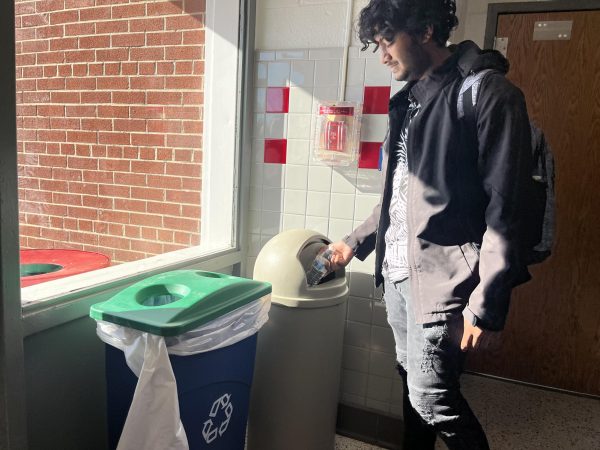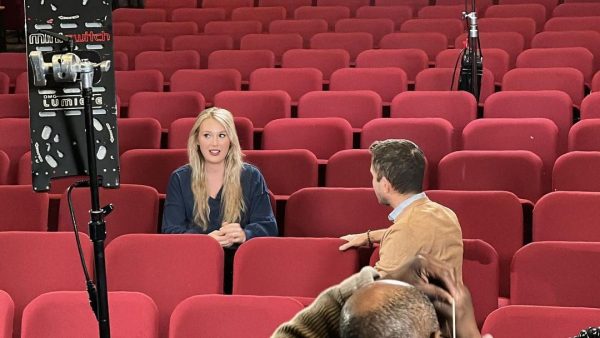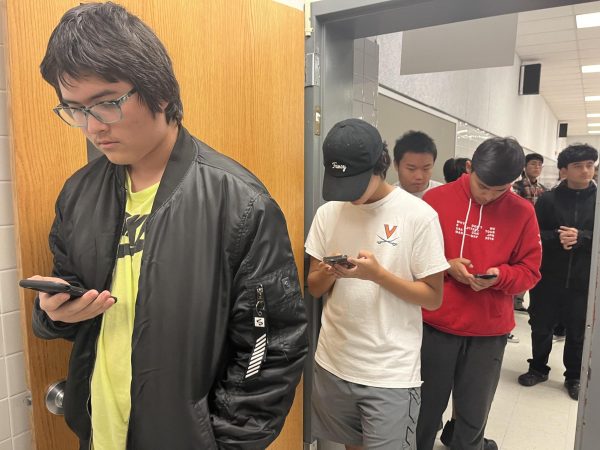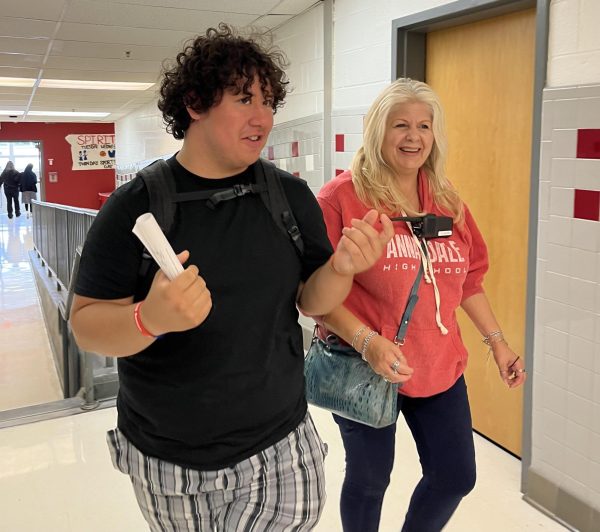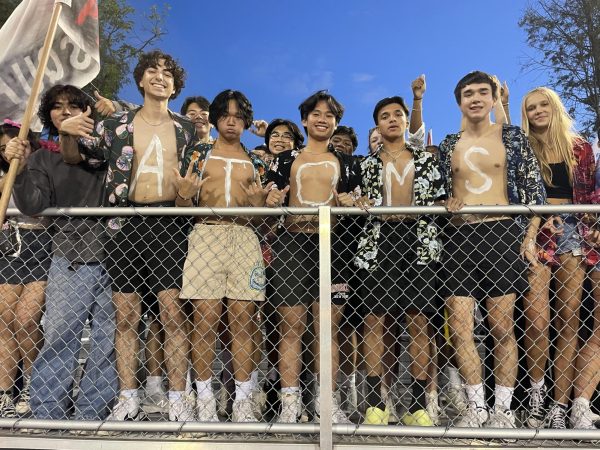College Athletes to get paid
California becomes the first state to legalize the pay of college athletes
On Sept. 30, California Gov. Gavin Newsom passed new legislation called the “Fair Pay to Play Act” that will challenge the way that the NCAA has always run its program.
Since the introduction of the NCAA, their rules have always banned college athletes from making money outside of the few benefits they receive from the school.
This means that college athletes could not take part in endorsements or sponsorships of any kind or even profit from their own social media accounts.
This new law will go into effect in 2023 and will open an unlimited market for businesses to interact with college athletes and will enable them to get paid based on their own names and image without fear of losing their scholarships.
“I think that it is fair,” freshman Moe Ibrahim said. “College athletes should get paid because they work hard and deserve it.”
Of course, the NCAA is not taking this issue lightly. Many spokespersons of the NCAA have come out saying how opposed they are of this law.
They believe that this will only create confusion and ruin the way the NCAA operates. In fact, the President of the NCAA, Mark Emmert, in an interview suggested that “lawmakers should mind their own business and let the NCAA’s ‘rules-making process’ work the problem out.”
The NCAA claims that allowing athletes to receive payment will ruin the sense of amateurism that its sports provide as well as lose the public’s interest. This, however plausible, is utter nonsense.
The notion that letting your athletes receive pay from endorsements will ruin college sports is ignorant. College sports are staples in many people’s lives and bring in huge amounts of money for schools. They also say that free education is a indirect form of payment and should be a good trade-off. Even if that was not the case, there are still a multitude of reasons why college athletes deserve to get paid.
First off, being a college athlete is just as challenging if not more than being a professional athlete. On top of their tedious sports schedule, they still have to attend classes and maintain a decent GPA.
Being a college student is hard enough without the stress that athletics adds. This makes it ridiculous for college athletes to not be compensated for their hard work.
Along with that, college athletes bring in so much money and publicity for their schools. Last year, March Madness, the biggest NCAA money maker, made approximately 1.32 billion dollars and each of the 68 schools that participated received around 68 million dollars. The players, who are the main reason why people are watching, got none of those proceeds, even though they were the ones rigorously playing basketball for a month.
Another aspect to consider is the fact that college athletes cannot even make money off their own social media sites.
In some cases, athletes have had their scholarships taken away as well as their eligibility to play in games taken away all due to them making money off of their Youtube channel.
Especially in this day and age where social media is such a prominent part of young people’s lives, college athletes should be able to express themselves and have a presence online without fear of being screwed over by the NCAA. At the very least, students should be allowed to make money off what they personally produce in their own, very limited free time.
As of now, we still remain unsure of the unintended consequences of this new law. Many people are speculating that California schools could end up getting kicked out of certain NCAA events or the NCAA, but these situations seem unlikely.
Hopefully, the two parties can come to a compromise before an extreme situation like that comes into play.

Sophomore Jane Elkins is an Editorials Editor for the A-Blast. This is her second year working on the A-Blast, as she worked as a staff writer the year...



